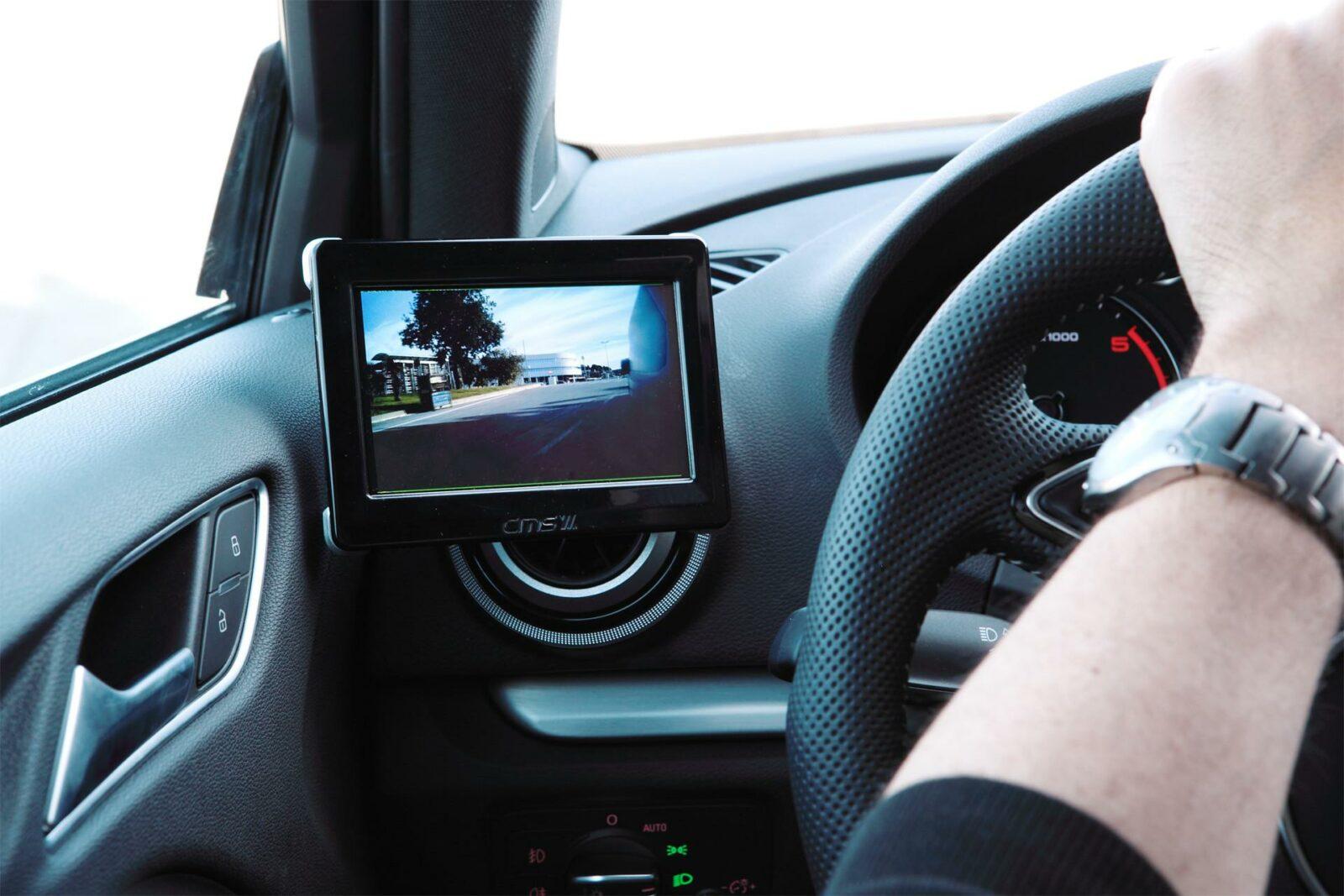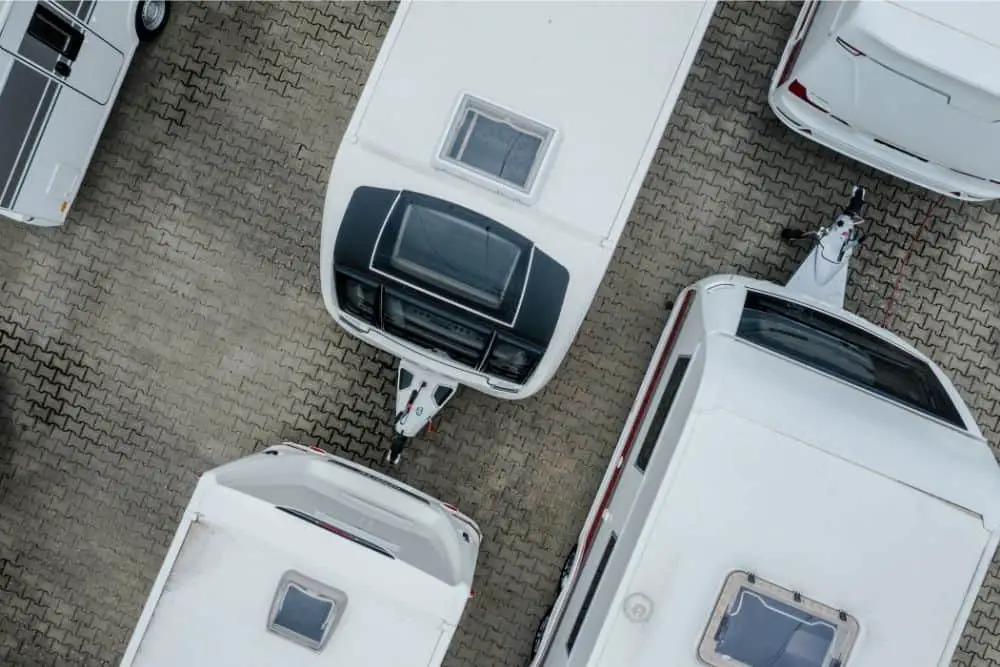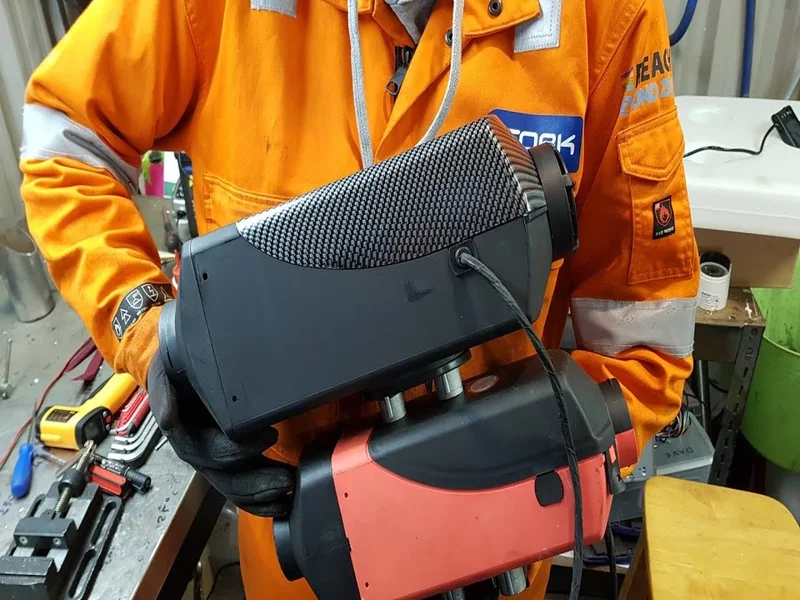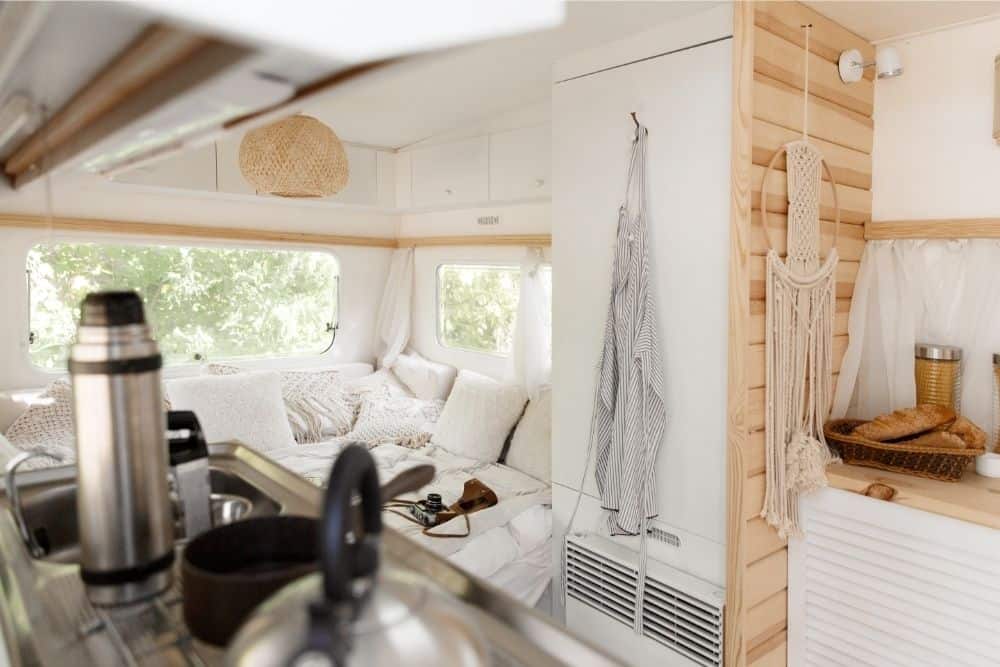Wondering if it is possible for you to keep your food cold in your RV fridge while you are on the move? Of course, you are, you don’t want to lose any of that precious food while you are on the move. So, the big question is if you can keep your RV refrigerator running while you are driving to your next location.
Of course, you can, an RV fridge can be used while you are driving. However, be mindful as there are some safety concerns regarding running propane while you are driving.
It is also possible that you can set your fridge to power from your RV inverter, this will usually be enough to last until you reach your destination. The biggest question here isn’t really if you can run your RV refrigerator while you are driving, but more what your biggest concerns should be by doing so.
Since a majority of refrigerators inside RVs are two-way refrigerators, they will operate best while they are using propane. There is a possibility that your fridge might be a three-way, in which case you could use a 12-volt DC power while you are driving to keep your fridge running.
A lot of people will have a propane RV fridge, in his case, it will have a multitude of pros and cons.
You can drive while using your propane, if you do this it will allow your fridge to run, it will keep the water inside your water heater hot, and your RV heating system will also run the heating system in your RV, which is ideal in the colder climates and months.
However, it can also be negative as the appliance can move around while driving, which could break the propane line and let gas escape the tank. You also run the risk of how flammable propane is, it only needs a little spark to go up in flames, similarly, a broken line can also trigger a fire before you can say ‘fire’.
If this is too risky for you, a good backup plan is a generator.
How do I keep my RV fridge cold while driving?
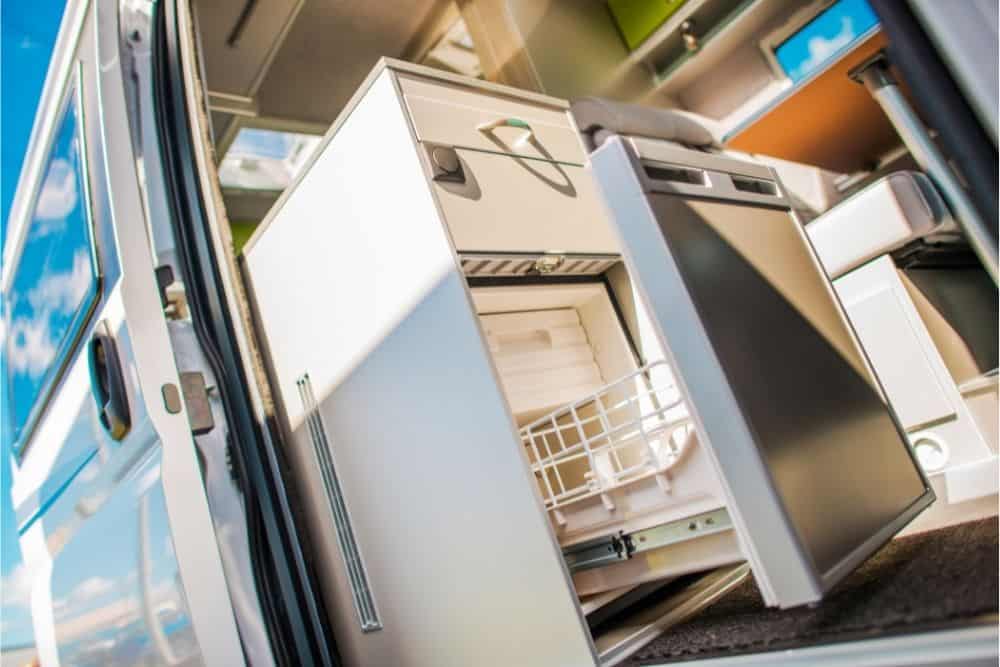
If you do not want to use propane to keep your refrigerator cool while you are driving, you do have the alternative option of using a generator. A generator can also keep your fridge running and cold while you are on the move. Propane is good, but it can also pose some problems.
With generators, you only really need to think about the wattage. Generators will always vary in wattage, and therefore it is very important that you look at starting watts when you are purchasing a generator, doing so will ensure that you have enough to power and run your fridge.
A generator can also replace the powerful methods you might otherwise use for your whole heating and cooling system in your RV. With the average generator having 2000-2500 starting watts, it is important that this power can sustain the power spike when you turn it on.
One of the cons when it comes to using a generator is space. Any generator that can sustain the need to power your refrigerator, or both your refrigerator and your heating, will usually be quite large, and you may not want to lose all this space to a generator.
This, of course, depends on the size of your RV. There are some smaller options that may be more likely to fit inside your RV comfortably, however, they will usually lack the power, or they may not pack the same punch. Smaller generators may only be able to power the fridge and not your heating system.
Generators are a great option if you do not want to face the risks of using propane. Most generators should have enough of a power supply to power your refrigerator with power, and they are a safer option than propane, there will be no fear of fire with a generator, although you should keep windows open.
It is also worth noting that generators are fantastic to have regardless, as they are always useful during a power outage, with or without an RV.
Should you leave the RV fridge on all the time?
The fridge inside your house is always powered up, isn’t it? Apart from when you are cleaning it out to give it a good wipe down, it is always on, so, surely your RV fridge should be the same.
This is not the case, your RV fridge does not need to be left on all the time, and it does not extend the lifespan of your fridge to leave it on all the time either. RV refrigerators are designed specifically for RVs under the notion that they will be turned off and on frequently.
In fact, the only thing that you will actually be doing by leaving the fridge on will be increasing your energy usage. To ensure that your fridge is cold and ready for use before a journey is to turn on the refrigerator a day before your journey, giving it about 24 hours to cool down enough.
For extra cooling, you could also get a ‘fridge cool fan’, which will keep air moving around your refrigerator so that there are no warm spots.
But when you are not using your fridge you should have it turned off so that you can save energy, you do not need your energy usage going up for something that you are not using, so it is best to conserve the energy and save yourself some money.
Having the refrigerator turned off when you are not using it will do nothing but raise costs.
Your refrigerator should work perfectly fine if you turn it off at the end of every journey, and turn it back on the day before your next. It will not affect the energy or the usefulness to keep it turned off when not in use, so do not worry about having to keep it on all the time, as it is just not necessary.




